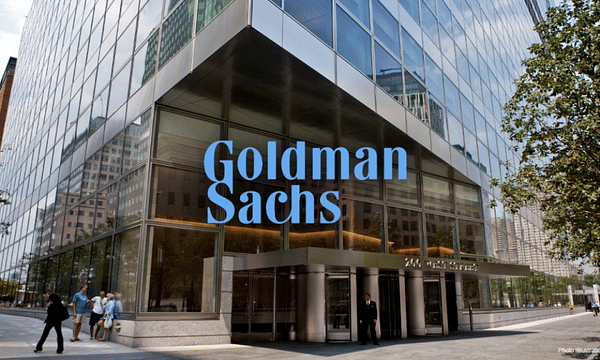Goldman Sachs warns: Donald Trump will threaten the European economy
Following Donald Trump's re-election, investment bank Goldman Sachs has cut its growth forecasts for the European economy, warning of the negative consequences of Trump's protectionist policies. These policies, including high tariffs, could damage the economic situation in Europe, according to the bank, with Germany, which is facing an economic crisis, particularly affected.

Growth forecast and trade tensions
Goldman Sachs expects the gross domestic product (GDP) of the countries that use the euro to grow by only 0.8% next year, down sharply from an earlier estimate of 1.1%. This decline is mainly due to increased uncertainty over trade policy. The bank's experts argue that while tariffs may increase, it is the uncertainty caused by Trump's threats regarding tariff barriers that is having a far greater impact. Europe, with its open economy, is particularly vulnerable to these changes.
Trump's policy of promising high tariffs on imported goods, and his confrontational approach to trade relations, threatens the principles of free trade that have underpinned global economic growth and contributed to the strength of the European Union. For Europe, as one of the largest trading blocs in the world, these moves could have long-term consequences.
Germany and the automotive industry at risk
Germany in particular, whose economy is heavily dependent on exports, will face tough challenges. Goldman Sachs predicts that the German economy will grow by only 0.5% in 2025, almost half of the original estimate of 0.9%. The main factors behind this decline will be rising trade tensions and uncertainty on the international scene. The German automotive industry, especially carmaker Volkswagen, will come under pressure as cars account for the largest part of Germany's exports, with the US being its biggest market. Although Volkswagen still generates less than 10% of its total sales in the US, it sees great growth potential in the electric vehicle sector.
Further outlook for Europe
According to private bank Berenberg, the impact on eurozone GDP should be less pronounced. The bank cut its growth forecast for next year by just 0.1 percentage points to 1%. It argues that a stronger dollar and higher domestic demand in the US can partly offset the negative effect of increased tariffs and trade tensions.
For European companies, Trump's return to the White House means significant risks related to trade policy and geopolitical uncertainty. Trump is expected to start with selective and media-significant tariffs, but will also threaten to escalate the situation further if China and Europe do not give him significant concessions in negotiations.
This dynamic points to growing trade and political uncertainty for European economies and businesses. Trump's protectionist policies may have long-term consequences for economic stability in Europe, especially for a country like Germany that is heavily dependent on exports and international relations.
Disclaimer: There is a lot of inspiration to be found on Bulios, however, stock selection and portfolio construction is up to you, so always do a thorough analysis of your own.
Source: Reuters, CNN.